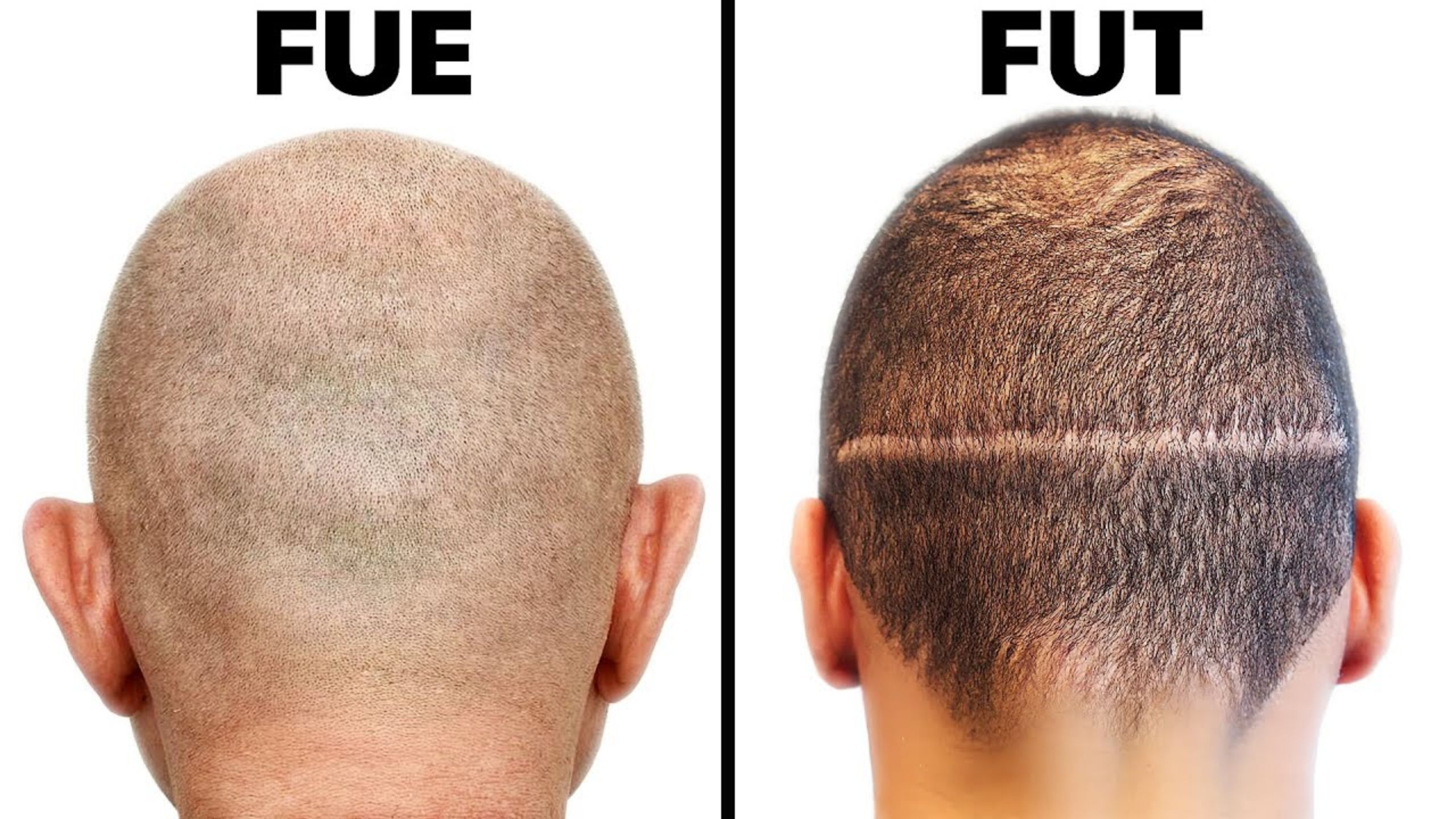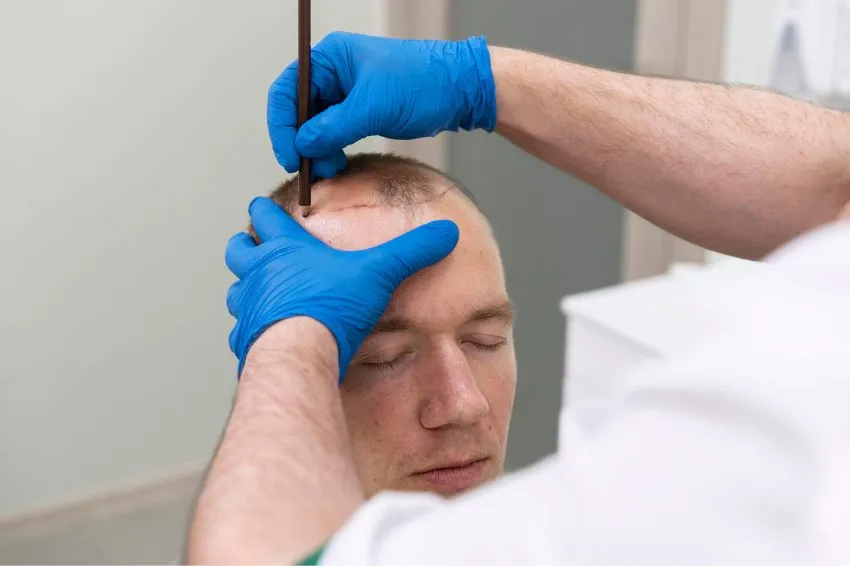Stress is an inevitable part of life, but did you know that it can have a significant impact on your hair health? Many people experience hair loss due to stress, and understanding this connection is crucial in managing both your stress levels and hair health. In this blog, we’ll explore how stress contributes to hair loss and how a hair transplant can help restore your confidence.
Understanding the Stress-Hair Loss Connection
Stress affects your body in various ways, and your hair is no exception. When your body is under stress, it can trigger a condition known as telogen effluvium. This condition causes hair follicles to enter a resting phase prematurely, leading to an increase in hair shedding. While this type of hair loss is usually temporary, it can be distressing and noticeable.
Types of Stress-Related Hair Loss
- Telogen Effluvium:
As mentioned earlier, this is one of the most common forms of stress-induced hair loss. It typically occurs a few months after a stressful event and can result in thinning hair all over the scalp.
- Alopecia Areata:
This condition is believed to be triggered by severe stress, causing the immune system to attack hair follicles. It leads to patchy hair loss and can affect any area of the scalp.
- Trichotillomania:
This is a psychological condition where individuals have an irresistible urge to pull out their hair as a way to cope with stress, anxiety, or frustration, leading to noticeable hair thinning or bald patches.
Tips to Reduce Stress and Protect Your Hair
While it’s not always possible to eliminate stress, there are strategies you can use to manage it and minimize its impact on your hair:
- Exercise Regularly: Physical activity helps reduce stress hormones like cortisol, promoting better overall health and hair vitality.
- Practice Relaxation Techniques: Meditation, deep breathing exercises, and yoga can help calm your mind and reduce stress levels.
- Maintain a Healthy Diet: A balanced diet rich in vitamins and minerals supports hair health and can counteract the effects of stress.
- Get Adequate Sleep: Quality sleep is essential for your body to recover from stress and for hair growth.
How a Hair Transplant Can Help
In some cases, stress-related hair loss can become permanent, especially if it’s accompanied by other factors like genetics. This is where a hair transplant can be a game-changer.
The Benefits of a Hair Transplant
- Restores Hair Density: A hair transplant can restore the natural density of your hair, filling in areas that have thinned or become bald due to stress.
- Boosts Confidence: Hair loss can take a toll on your self-esteem. A successful hair transplant can help you regain your confidence and feel better about your appearance.
- Long-Term Solution: Unlike temporary treatments, a hair transplant offers a permanent solution to hair loss, with results that can last a lifetime.
The Hair Transplant Process
During a hair transplant, hair follicles are harvested from a donor area, usually the back of the scalp, and transplanted to the thinning or balding areas. The procedure is minimally invasive, and advancements in techniques like FUE (Follicular Unit Extraction) ensure natural-looking results with minimal scarring.
Final Thoughts
Stress can be a major contributor to hair loss, but it doesn’t have to be the end of your hair’s journey. By managing stress effectively and considering a hair transplant, you can restore both your hair and your confidence. If you’re experiencing stress-related hair loss, consult with a hair transplant specialist to explore your options.
At Medical Hair Transplant and Aesthetics, we understand the impact of stress on hair health and offer expert hair transplant services to help you regain your natural look. Contact us today to schedule your consultation and take the first step toward a fuller, healthier head of hair.



